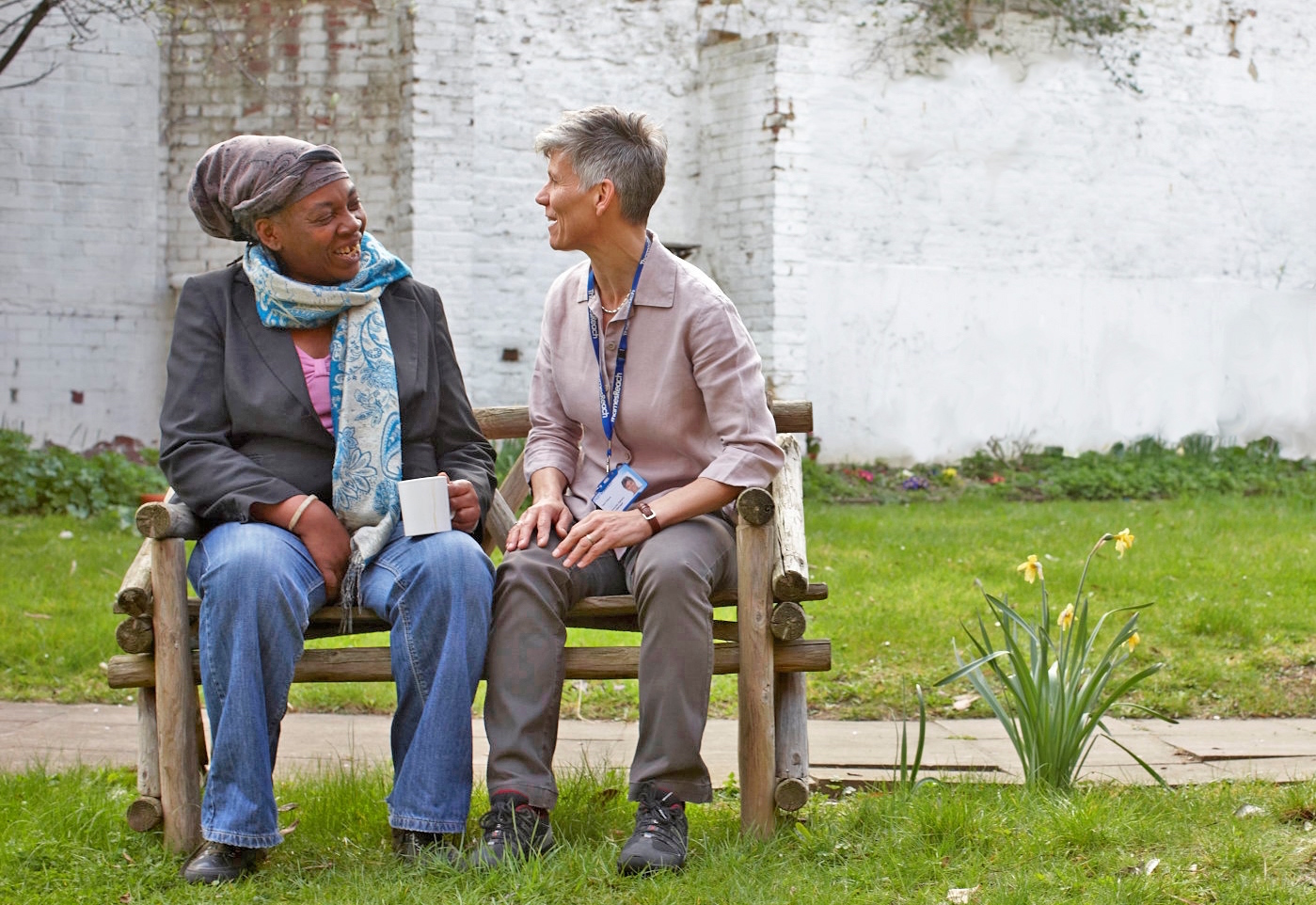Grant fund helps leverage £233m into social ventures
The £13.2m Investment and Contract Readiness Fund (ICRF) has helped charities and social enterprises win £233m in investments and competitive contracts.
For every £1 of grant from the ICRF, which was funded by the Cabinet Office and managed by Social Investment Business, £18 was leveraged into commercial markets. An evaluation of the fund by Ecorys, commissioned by the Cabinet Office, Social Investment Business and Big Society Capital, will be launched today at SOCAP 2015 in San Francisco.
Minister for Civil Society Rob Wilson said: “The ICRF has exceeded all expectations and set a benchmark for the rest of the world to follow. The Fund has helped VCSEs (Voluntary, Community and Social Enterprises) to grow and increase their impact through taking on investment and winning public sector contracts; all helping to build a truly compassionate society.”
One such organisation is Thames Reach, a charity that helps homeless and vulnerable people in London. It received a grant to develop an initiative in partnership with Banks Cannell to fund the purchase of accommodation for people moving out of institutional settings (hospital and registered care homes) into the community. The programme is called Brokerage and Resettlement in Lambeth (BRiL). The grant has so far helped Thames Reach secure an initial investment of £520,000 with a further £4m anticipated in the next few weeks.
Thames Reach CEO Jeremy Swain said: “Support through the ICRF was invaluable to us as it provided a resource to help us move our project - to purchase properties for people moving out of institutions so that they could have a home of their own - from a concept to reality.”
 Audrine and Terri, Thames Reach. Photo credit: Social Investment Business
Audrine and Terri, Thames Reach. Photo credit: Social Investment Business
The ICRF funded a range of specialist support including financial modelling, impact measurement, investment structuring, tendering and bid writing. The average grant given out by the fund was £85,000. The main findings from the ECORYs report include that investment and contract readiness support needs to be flexible and tailored to the needs of ventures and that the longer term impact of the support needs to be considered when applications are assessed.
CEO at Social Investment Business Jonathan Jenkins said: “It was clear to us that this type of funding was necessary back in 2012 when the fund originally launched and we are delighted that it has been such a success. We must now understand the lessons of this fund to help model even more impactful interventions in the future.
“So often the role of an intermediary is misunderstood or undervalued, hopefully the experience of ICRF will encourage more organisations to use their services going forwards, as we aim to build a more sustainable market for advice and support”.
Photo credit: Mark Engelbrecht



